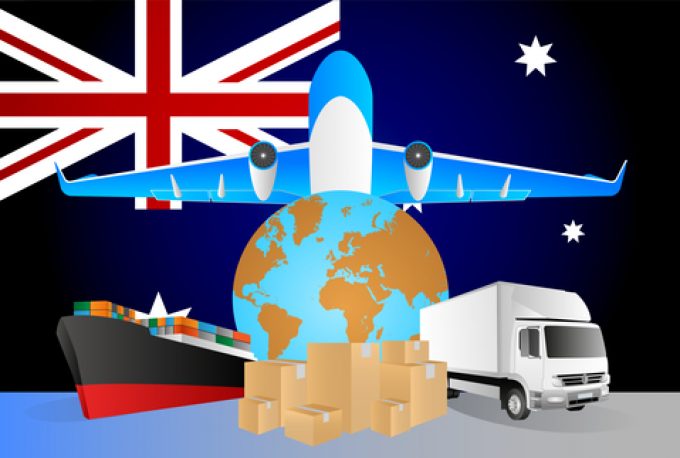EXCLUSIVE: Toll Group poaches top executive from DHL GF – sources
Sniffing around

Aussie exporters received a shot in the arm today with news of a fresh round of subsidies for agri-filled freighter flights – but importers face capacity constraints on ocean freight.
An extra A$240m (US$166m) has been earmarked for the International Freight Assistance Mechanism (IFAM), launched in ...


Comment on this article